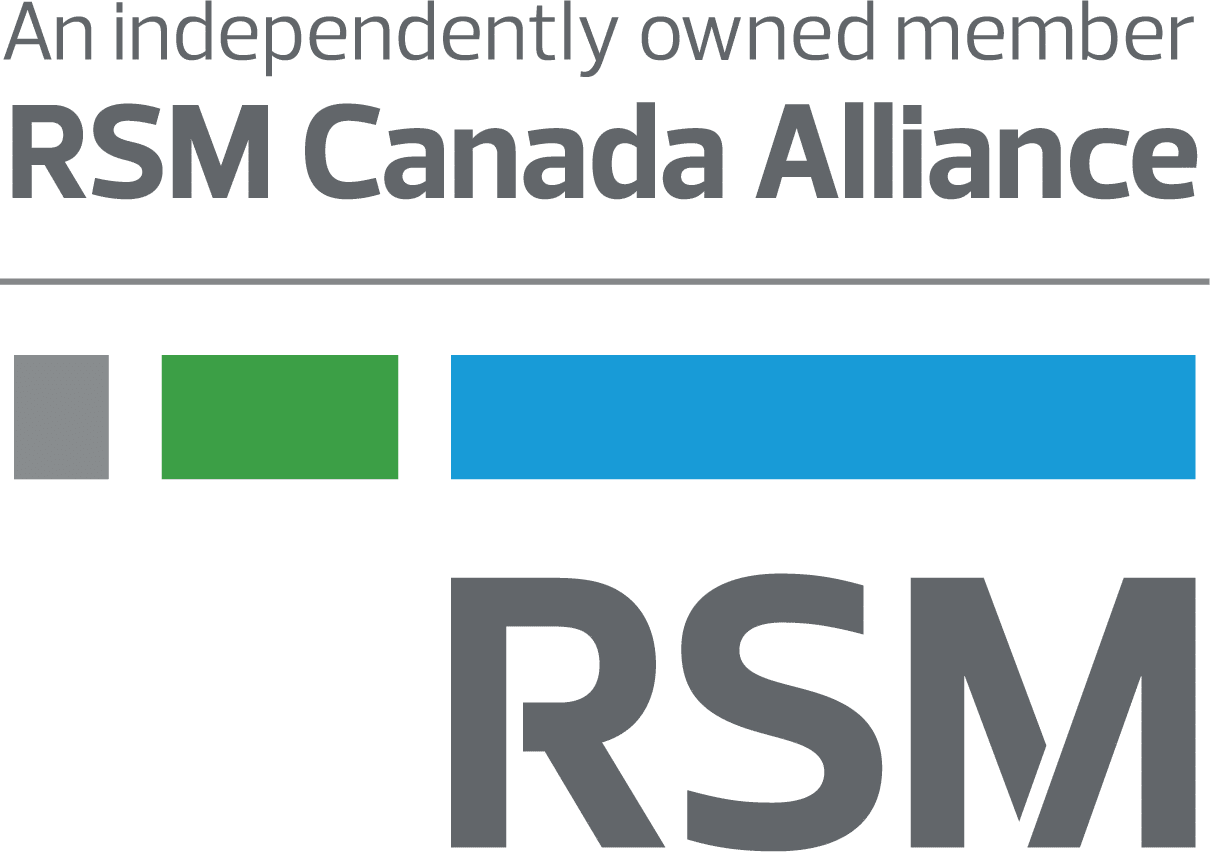
Owning a business can be an adventure. With its ups and downs, you never know what you will encounter in your business. Whether you’re a business owner ready for a new venture or want to prepare your business for its next phase, it is important to know your exit options.
There are many common exit strategies for entrepreneurs. The best option for your business will depend on your objectives. Whether you’re trying to maximize your cash return, keep the business in the family, or want to keep the legacy of your business intact, the right move for you as a business owner will depend on your objectives.
Why have an Exit Strategy?
Many business owners question the need for an exit strategy. You might be happy with the level of involvement in your business and have a vision for its success. Or you might be decades from retirement.
However, an exit strategy can provide options in unforeseen circumstances or if you change your mind and want to try another venture. As a business owner, there are several advantages to making sure you have established your exit strategy.
An exit strategy can help:
- With business continuity: knowing that your business legacy can continue if you choose can help you make long-term strategic decisions.
- Protect your assets: Having an exit strategy can help protect your business’s assets if you encounter legal or financial problems.
- Maximize the value of your business: Creating an exit strategy allows you to plan for different scenarios so that you can “exit” at the best time
- Align your business and personal goals: Knowing your goals and objectives as a business owner allows you to plan accordingly to exit successfully when the time is right.
An Exit Strategy for Business Owners
There are several exit strategies that business owners typically consider. These strategies each come with their own advantages and drawbacks, and you should consider if they fit in with your business and personal objectives.
Sell your Business
One way to move on from your business is to sell it to the highest bidder. While your business will live on, you will no longer have any say in business matters. If you are ready to let go of control of your business and cash out your earnings, this can be an excellent move for a business owner.
Preparing for the sale of a business can take time. You will want to ensure that you have clean financials and an independent valuation and are ready for the due diligence process of potential buyers. When selling a business, it is also essential to consider the impact of any tax consequences on your personal finances that the sale of your business may trigger.
Liquidate and Close your Business
Another option for some businesses is to close the business. This process is known as liquidation and will involve selling off the company’s assets to generate cash to repay debts and distribute profits. Liquditating might be an option for businesses with many physical assets, such as equipment or real estate. Or if a company is underperforming, this may be its only option.
It is still vital to structure the sale to benefit you the most. Depending on your objectives, this might be a gradual liquidation, where the business slowly winds down, or a quick process to sell the remaining assets.
For example, if you plan to liquidate your business, can you minimize the inventory you have on hand as you approach the close of your business? Or is there a particular season when you should plan to close your business? While liquidation may seem simple, these considerations are essential to get the best value from your business.
Retaining the Business in the Family
Passing the business to interested family members is a common exit strategy for family-owned and operated businesses. This exit strategy involves keeping the business within the family by passing it on to other generations.
However, this option can have several complex tax and estate planning considerations, especially if multiple family members are involved in the business. Or you want to pass some of the value to other family members who will not be involved in business operations. Engaging with tax and estate planning professionals as early as possible is vital to iron out the details for more complex structures.
Training a Successor to Take Over the Business
If you have key employees in the business who are interested in taking over the business, this can be a great exit strategy. With this strategy, the business can continue, and you can choose who will eventually take over. With advanced planning, your successor can be ready to take on the company when the time is right.
Establish a Buy-sell Agreement
If you have a business co-owned by others, establishing a buy-sell agreement is often an exit strategy business advisors recommend. An effective buy-sell agreement sets out, in advance, how shares in the business are transferred to other partners, when clauses are triggered and how the company is to be valued. A buy-sell agreement can provide continuity in the business and minimize potential conflicts among business owners.
Planning your Exit Strategy
Planning your exit strategy is an important consideration for business owners. Creating a plan early is fundamental to a smooth exit that aligns with your business and personal objectives. It is important to review those plans regularly to ensure they still fit with any changing circumstances and objectives. By planning in advance, you can have a smooth exit from your business will help maximize its value and minimize any tax consequences to you.
Contact Ford Keast LLP in London, Ontario, for all your Business Divestiture Needs
At Ford Keast LLP, our business consulting experts work with businesses of all sizes to advise on your business and estate planning needs. We can help you with all aspects of the sale, including identification and assessment of potential buyers, business valuation services and overall strategic transaction advice, including tax considerations. To learn more about how Ford Keast LLP can provide you with the best financial expertise, contact us online or by telephone at 519-679-9330.




